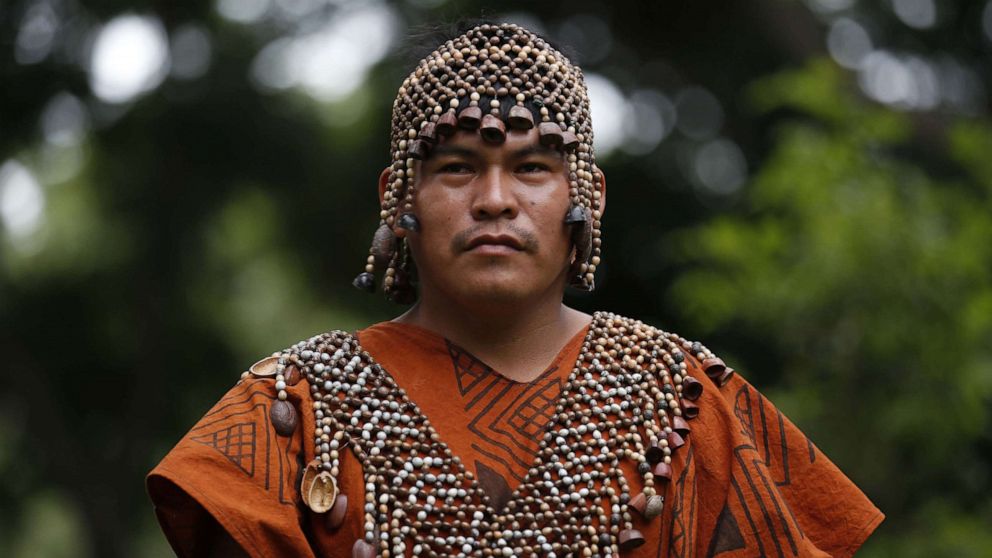Narco violence surge in Peru's Amazon sends Indigenous leader into hiding
Herlin Odicio has lived a life in defense of his tribe's territory. As a consequence, he now finds himself in exile from it.
"Just a few days ago they came looking for me in my community," he said. "They send me death threats by text. They say they're going to make me disappear."
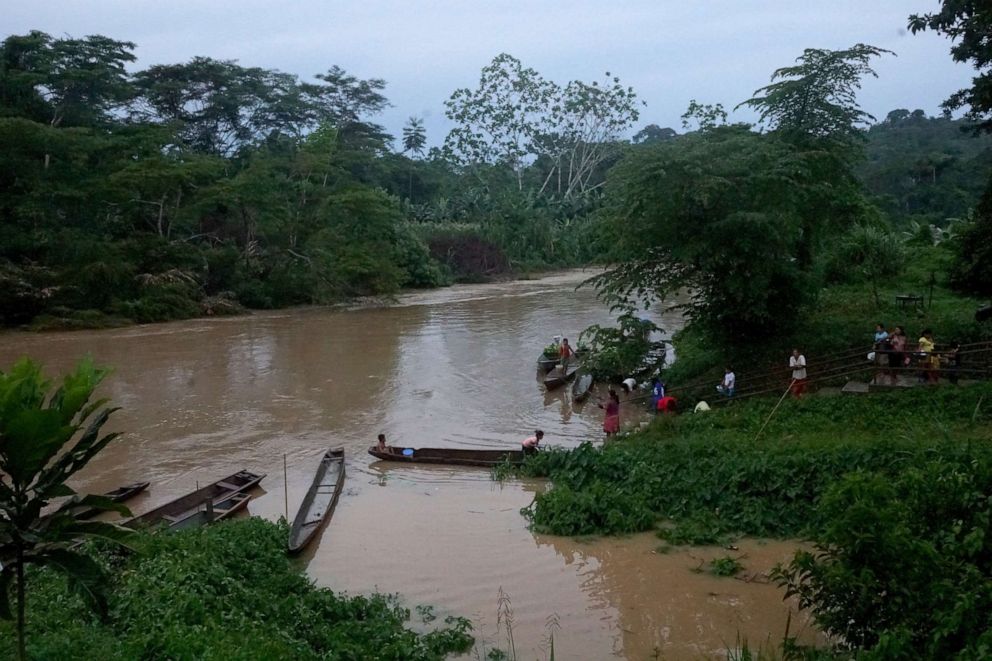
Odicio, 35, is the leader of the Cacataibo tribe in Peru's central Amazon. He has been in hiding after denouncing the drug traffickers who have plagued his people's ancestral home.
Situated along the eastern slopes of the Andes, Cacataibo territory has long been under siege by outsiders. The region's dense cloud forests favor the cultivation of coca leaves, a by-product of cocaine. What's more, an absence of the Peruvian state provides cover for the illegal actors who operate here.
But amid the COVID-19 pandemic, this region has witnessed a proliferation of invaders, including land speculators, illegal loggers and drug traffickers. Their presence has culminated in increased deforestation, death threats and bloodshed. In less than a year, several of Peru's Cacataibo and Ashaninka tribespeople have been murdered in the Amazon by suspected coca growers and drug traffickers.
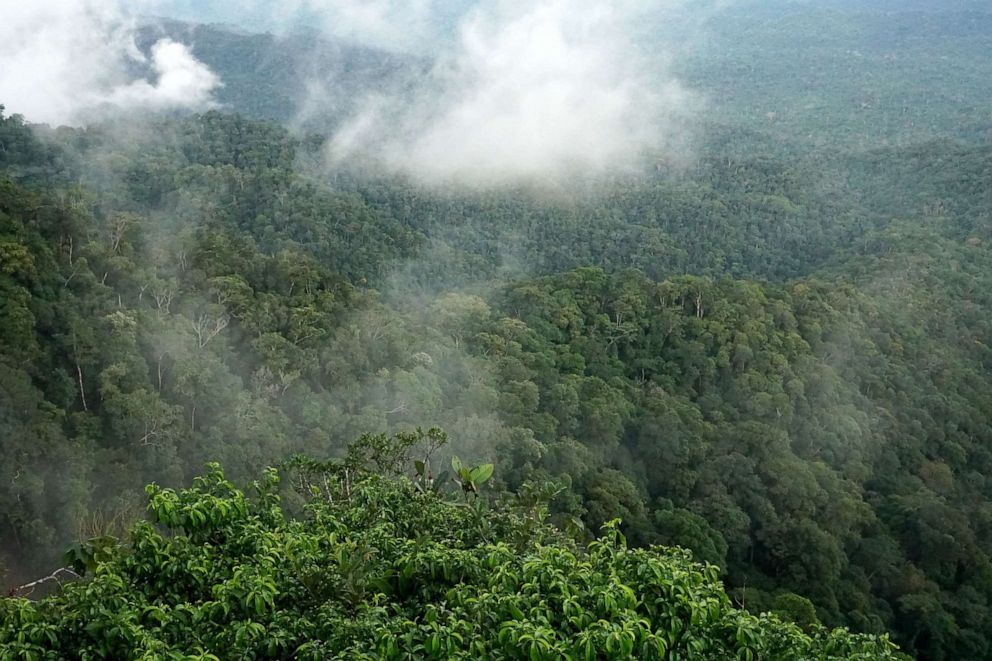
"This is an invasion. We've seen the illegal crops, we've documented the maceration pits they use to make cocaine paste, and we've denounced it all to the district attorney and local police. But there is so much corruption and impunity here," said Odicio, who serves as president of the Cacataibo Federation of Native Communities.
Peru's historically anemic state institutions tasked with helping protect tribes and manage coca eradication have been further weakened by the COVID-19 pandemic -- all as the global demand for cocaine increases. According to the U.N Office on Drugs and Crime, the country is the second-largest supplier of coca leaves in the world behind Colombia.
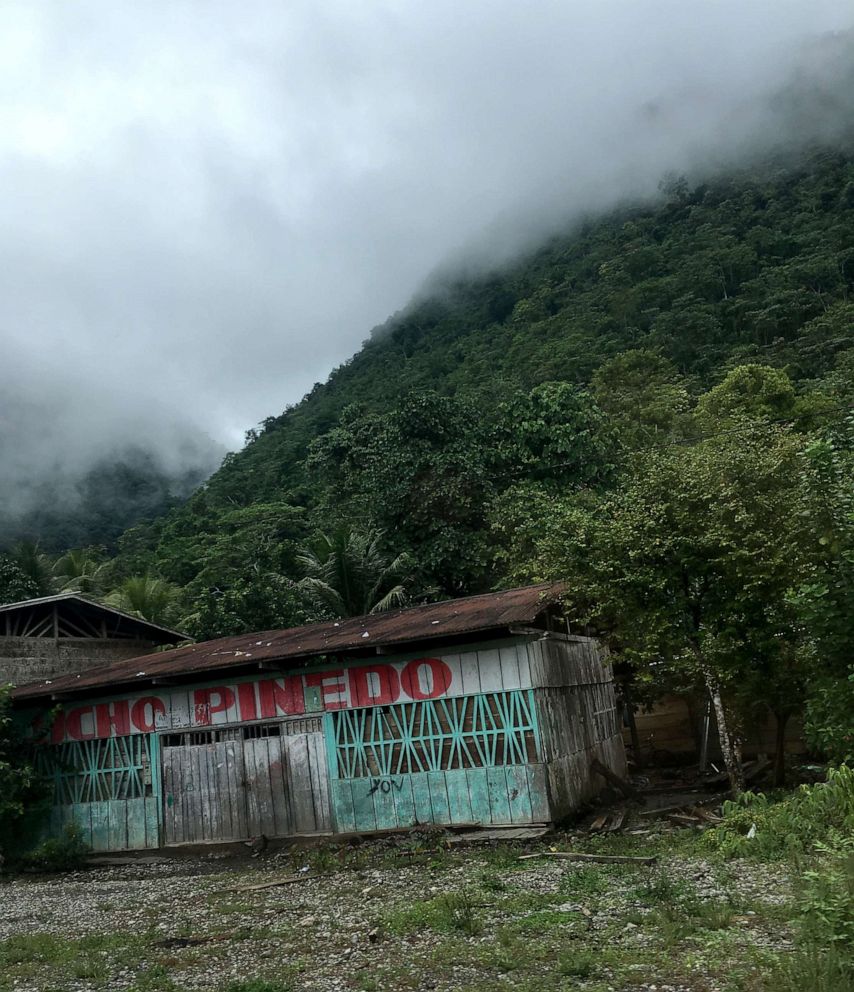
The Cacataibo number roughly 10,000 people spread throughout eight communities. Increasingly, they've witnessed waves of migrant coca farmers from the Andes converge on or adjacent to their densely forested land in the country's Huánuco and Ucayali jungle regions. Legal title to land can take decades for tribes to procure in Peru. As a result, territorial boundaries are often murky and clashes with outsiders here are frequent.
"Where there is coca, there is money, guns and people with connections to local authorities -- a mafia. And so there is a high likelihood of conflict here," said Miguel Macedo, an anthropologist with The Common Good Institute, a nonprofit working with the Cacataibo. "These communities are abandoned and left to fight invaders alone."
According to Global Forest Watch, the region lost more than 8,500 acres of primary rainforest in 2020. Much of that deforestation is thought to be linked to the flourishing drug trade.
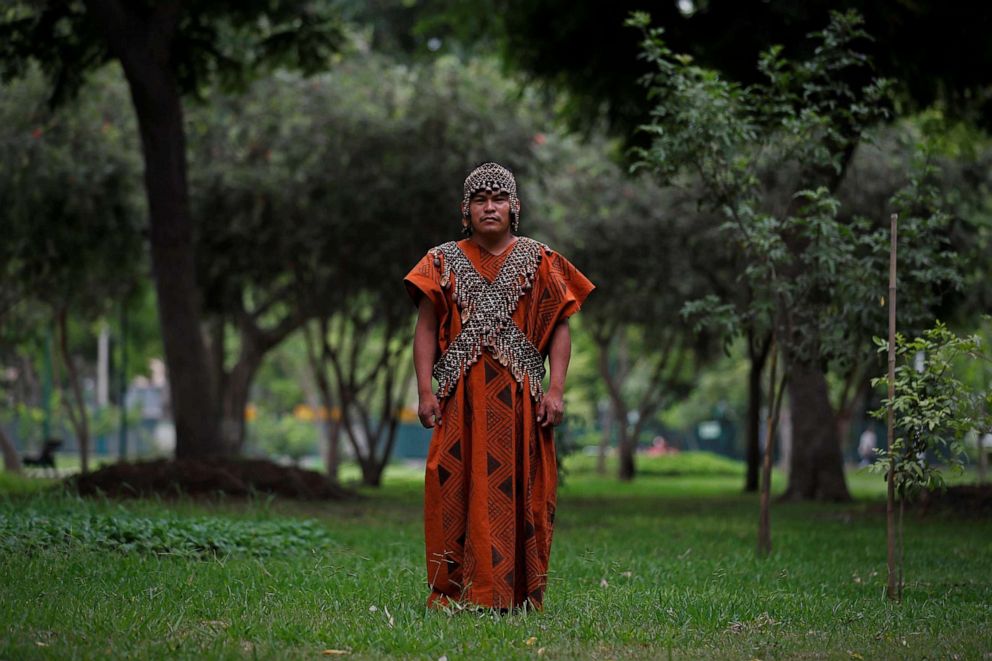
"This is the new VRAEM," said Odicio, using the acronym for Peru's "Cocaine Valley," the country's most prolific drug trafficking region, home to a Maoist terror insurgency that sowed chaos in the country for decades.
An abundance of land, ill-defined territorial borders, highway connection and corrupt local officials have shifted the focus onto this region, creating a powder keg for the Cacataibo. Last April, community leader and outspoken land rights advocate Arbildo Meléndez Grande was murdered by suspected land grabbers outside of his village of Unipacuyacu.
And in February of this year, two more Cacataibo -- Herasmo Garcia Grau and Yenser Rios Bonsano -- were murdered in their villages.
Odicio denounced the killings to the Inter-American Commission on Human Rights as threats on his own life increased.
He claims drug traffickers bribed him with large sums of money to allow small narco-planes to funnel drugs out of the region via furtive airstrips deep within his territory. Odicio rejected their offer, which he said led to more threats.
"It was getting too dangerous to remain in my community. I couldn't stay in my office or even in the region because of direct death threats. It was getting very real," Odicio told ABC News on a recent WhatsApp call.
Berlin Diquez, president of the regional indigenous organization ORAU, warned that without state intervention, including a commitment to assist tribes in obtaining legal title to ancestral land, the "chaos" would continue unmitigated.
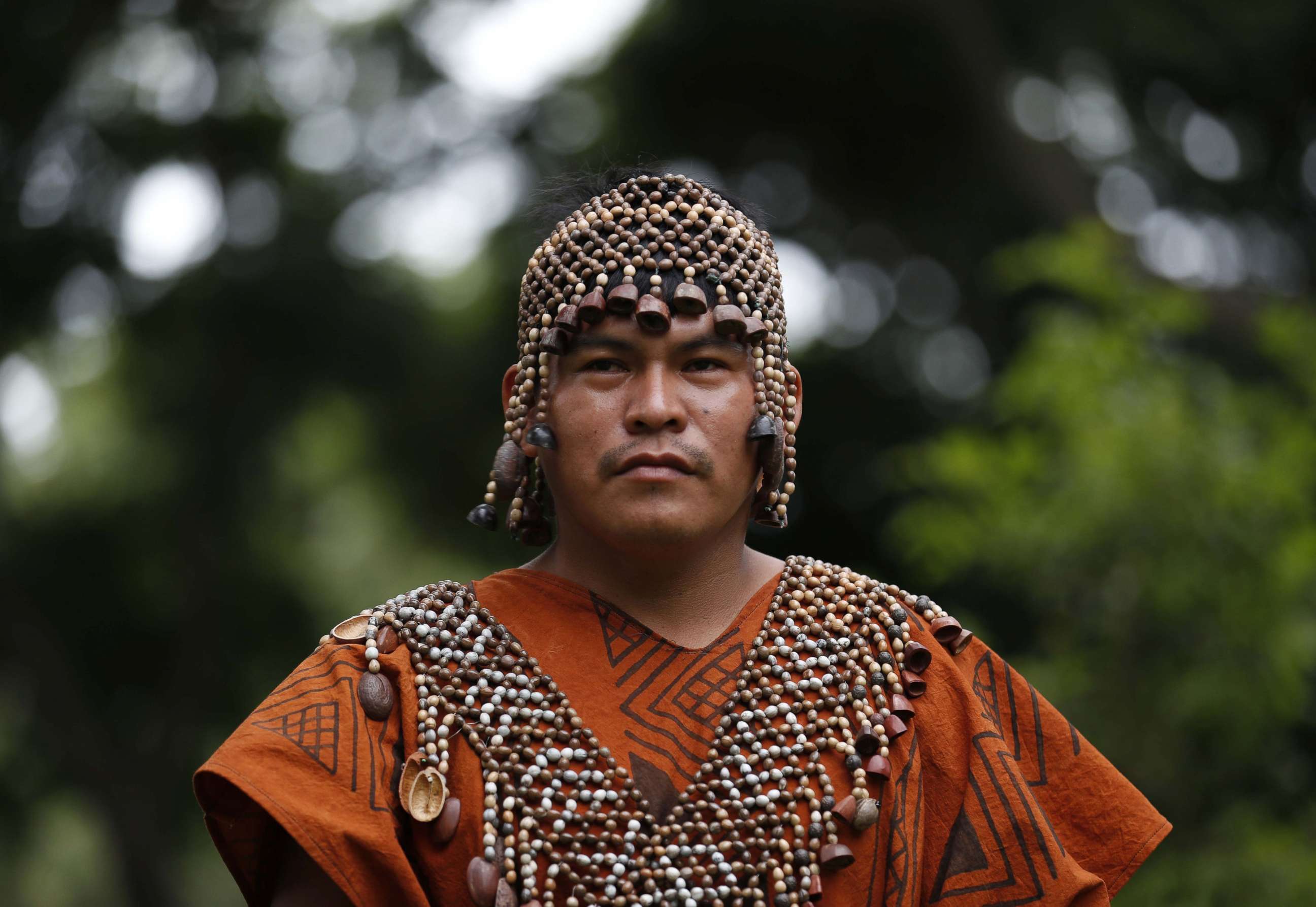
"The state also needs to safeguard laws which protect the human rights of indigenous environmental defenders. In this moment there are no such protections," he said.
Last week, COICA, the indigenous federation representing tribes throughout the nine countries which share the Amazon basin, issued an emergency declaration in response to a reported killing of 202 human rights and environmental defenders throughout the region in 2020.
In Peru, Herlin Odicio's life remains in the balance.
"To not be by my family's side in my community, I'm left suffering. All for defending them. I just want to live in peace."
